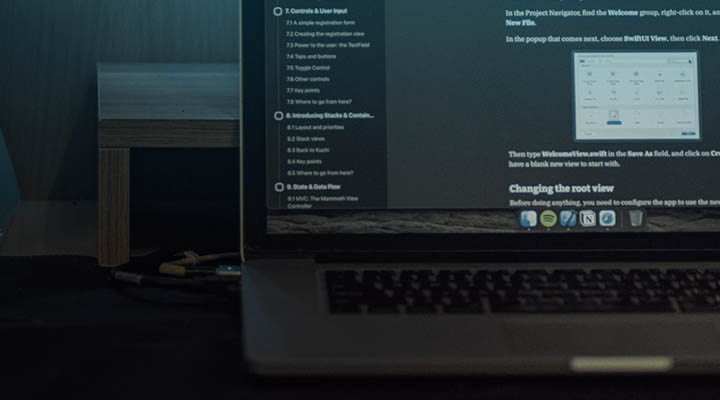One of our agile coaches, Robin Hyman, tells us how he got into the industry, what a typical project looks like and where he sees the future of agile coaching.
My background is quite varied. By my mid-20s I’d worked as a hod carrier, carpenter, general builder, painter and decorator, and optical technician before settling on a career as a recording studio sound engineer. Redundancy from that job was when I decided to study for a computer science degree. That’s when I started working as a software developer and found myself being drawn to scrum master roles.
Agile coaching is so much broader than just optimising how software teams work.
I joined BJSS in 2011, did eight years in various technical and scrum master roles before leaving to be an independent agile coach at a large bank. When that role finished, I re-joined BJSS as a full-time agile coach in the consulting team and here I am.
What does a typical agile coach role entail?
One of the best things about working at BJSS is the variety of clients we work with which means every project is so different. I’m currently working with the Adult Social Care team at a local council, introducing them to agile ways of working. However, my favourite project so far was working with a government team to help them create a case management system to deal with crises abroad.
It was fascinating to see the effort that goes into getting consular assistance to those in trouble overseas. We got to sit with them as crises unfolded and see how our software was used, and understand what changes needed to be made. We were a small, independent team, collaborating with our users to deliver in a truly agile way. We would see the need for a change and get it live and being used the same day. The project touched so many different users and it really felt like we were doing something worthwhile – I loved it!
Where do you see the future of agile coaching?
For me, agile coaching is so much broader than just optimising how software teams work. It’s touches on the strategy of the organisation, how the organisation is designed and structured and how changes are implemented. Especially in the context of uncertainty, delivering any transformational programme using an agile approach is vital. That’s why I think it’s really exciting that BJSS has established agile coaching as a practice within their consulting team, which is made up of a mix of business and technology consultants. It means we can bring this broader perspective to helping our clients transform their organisation.
.svg)




